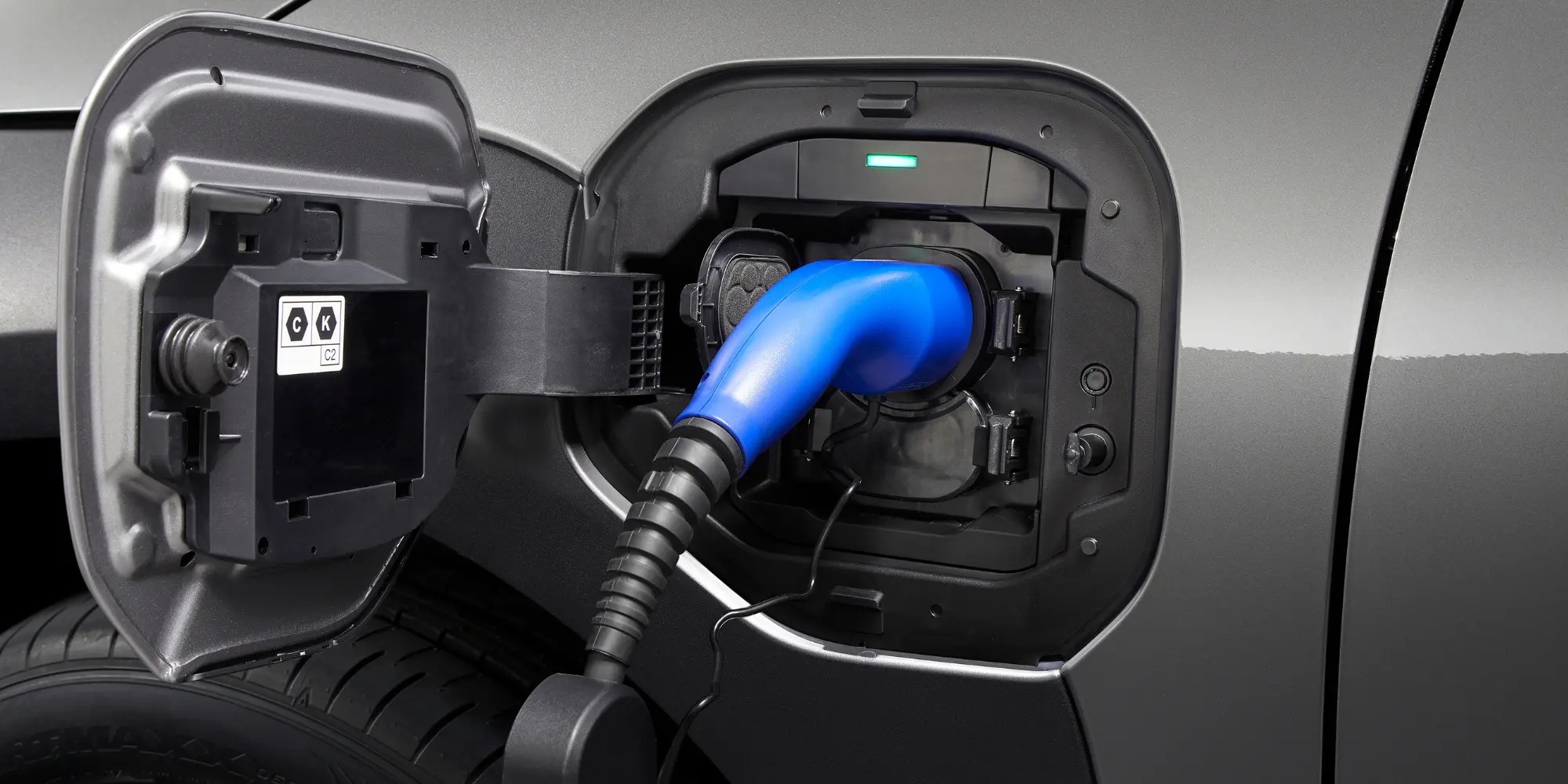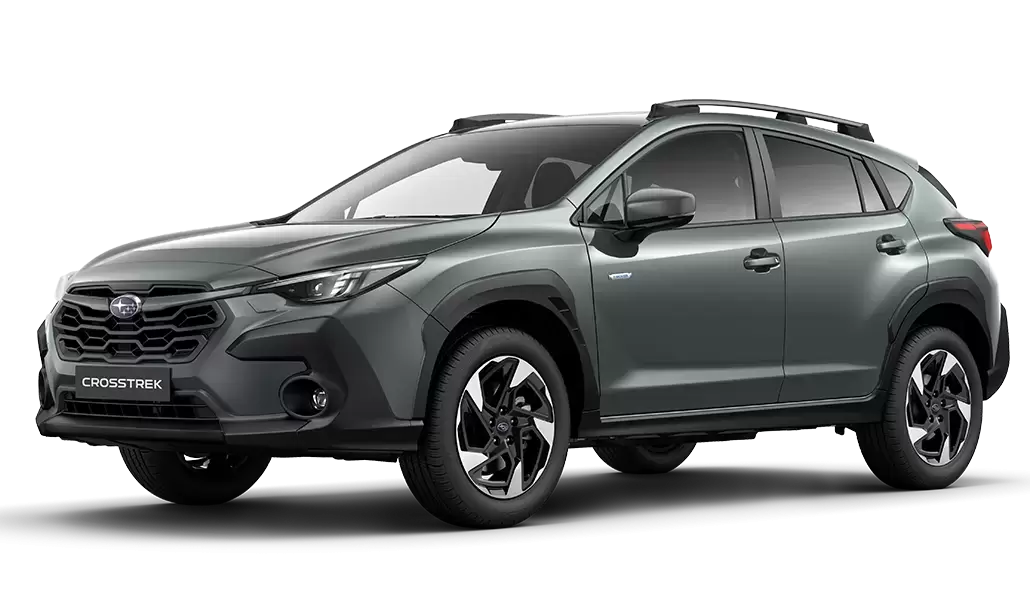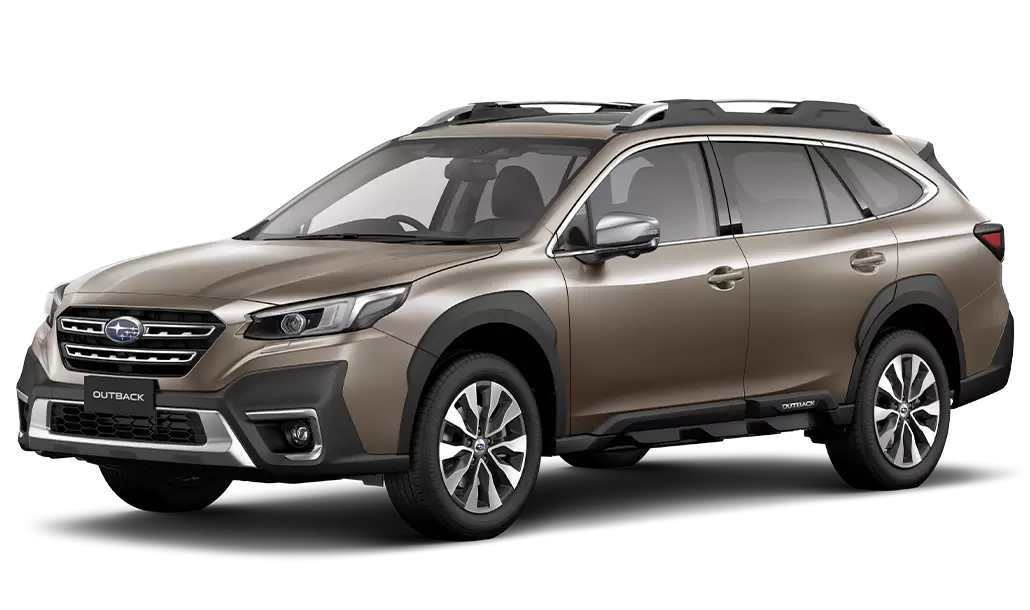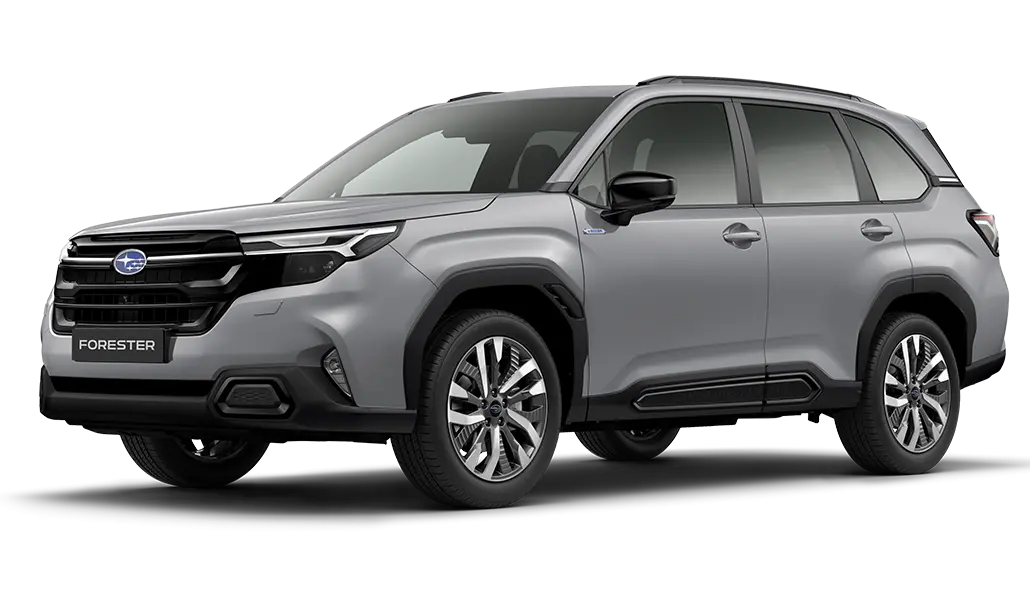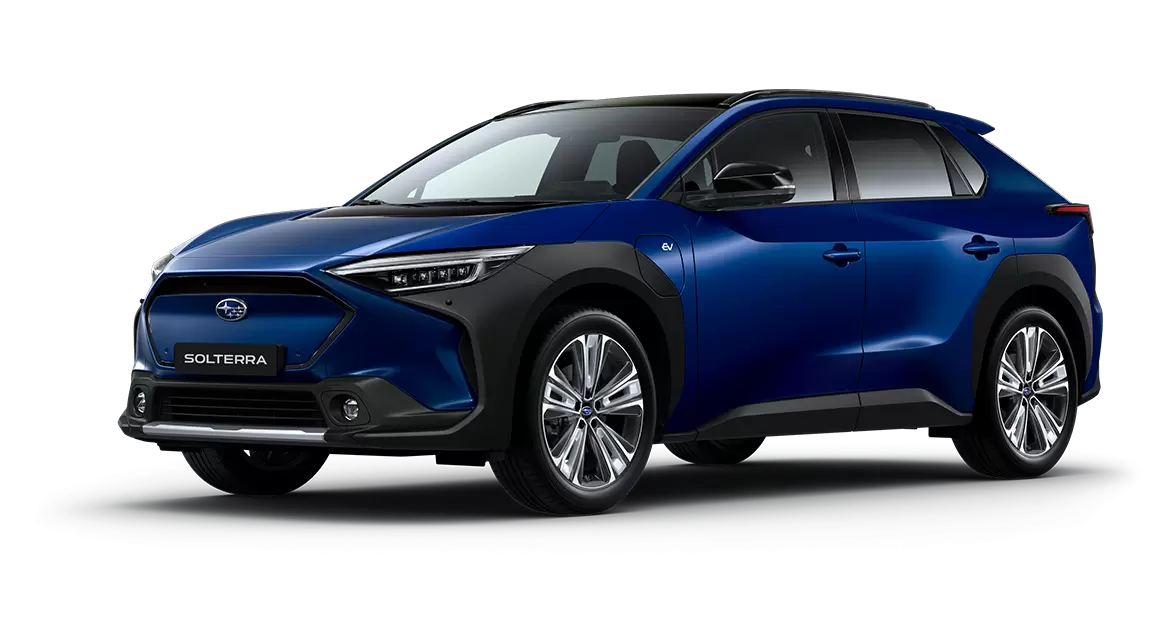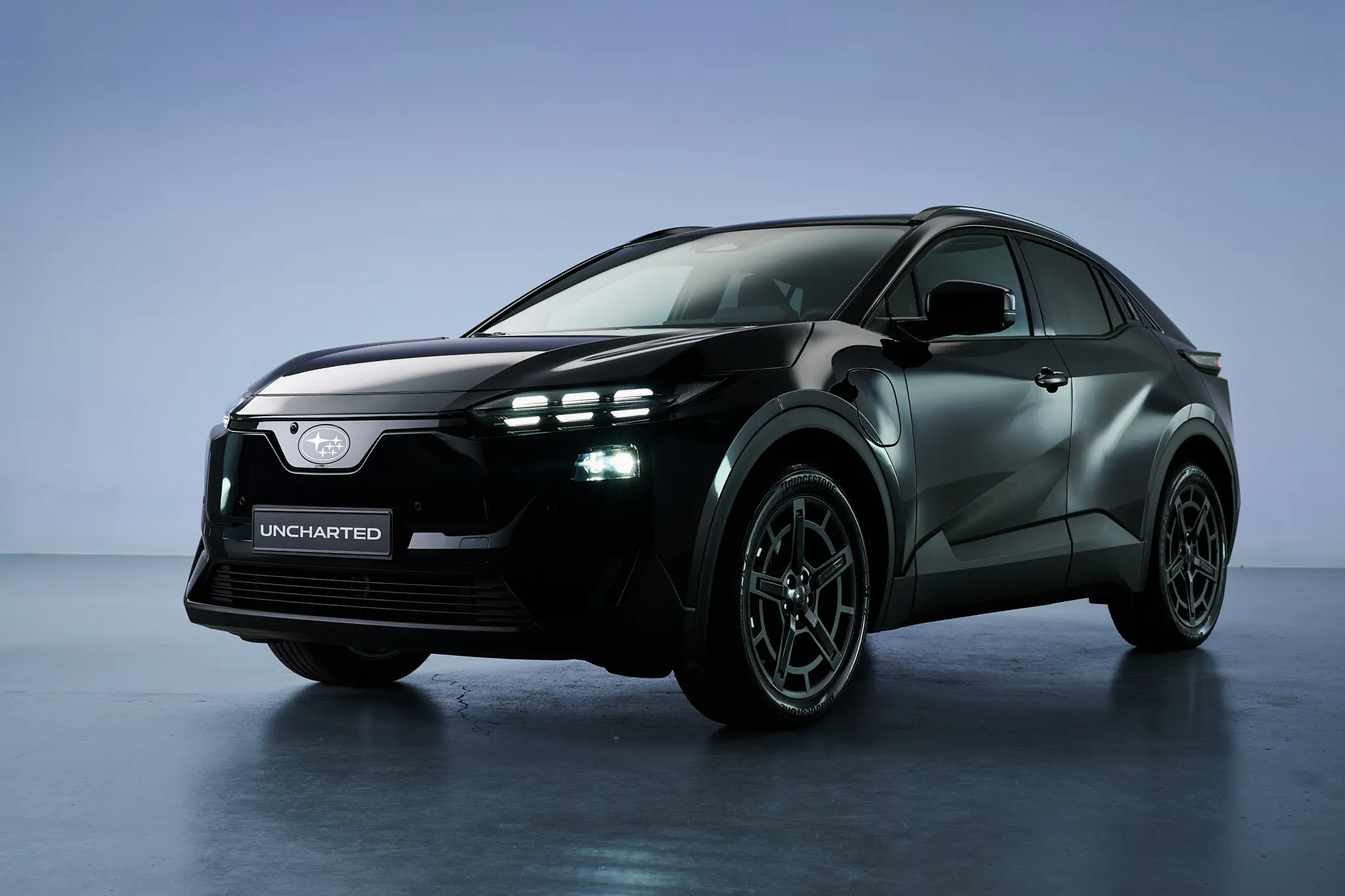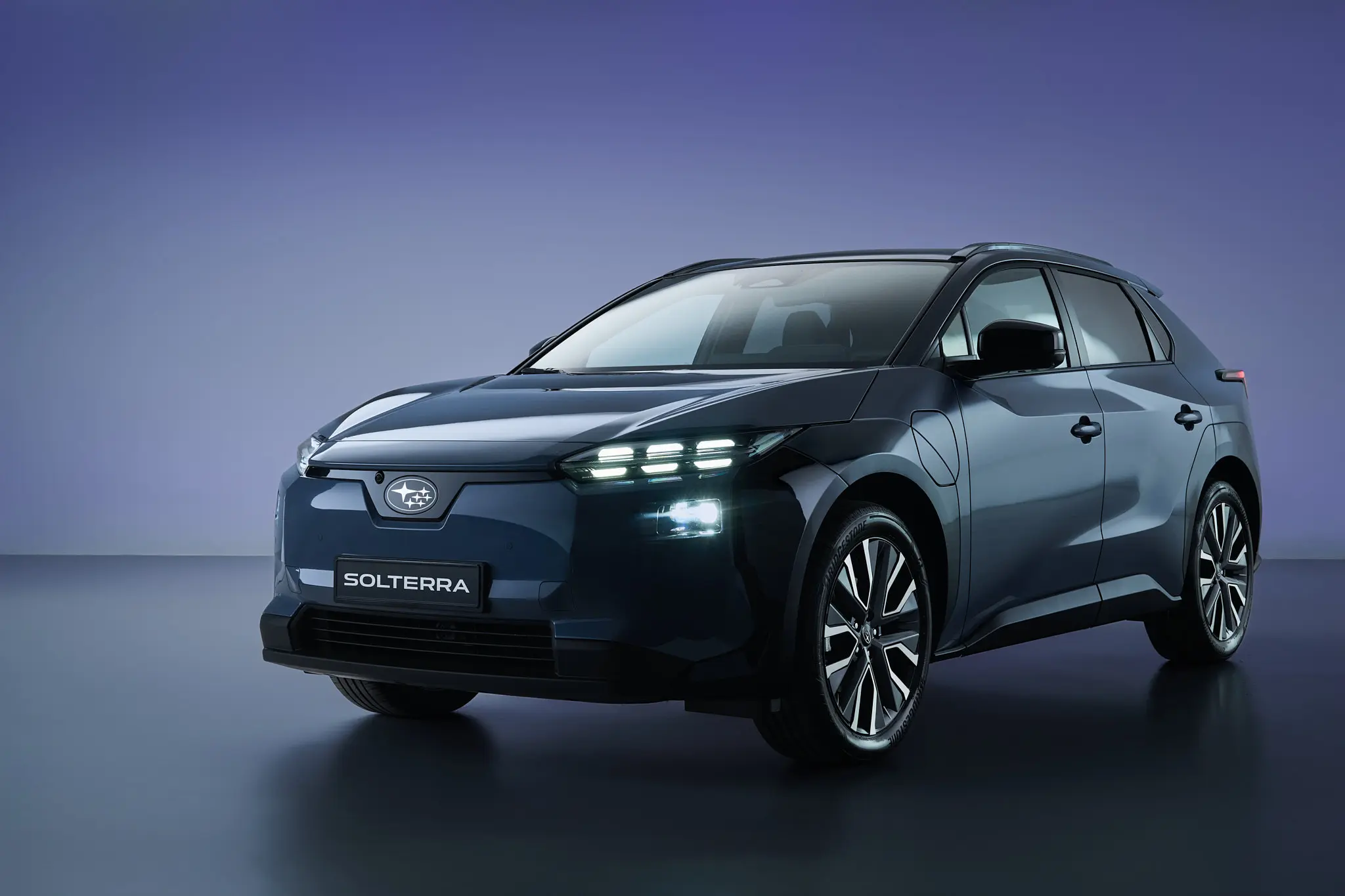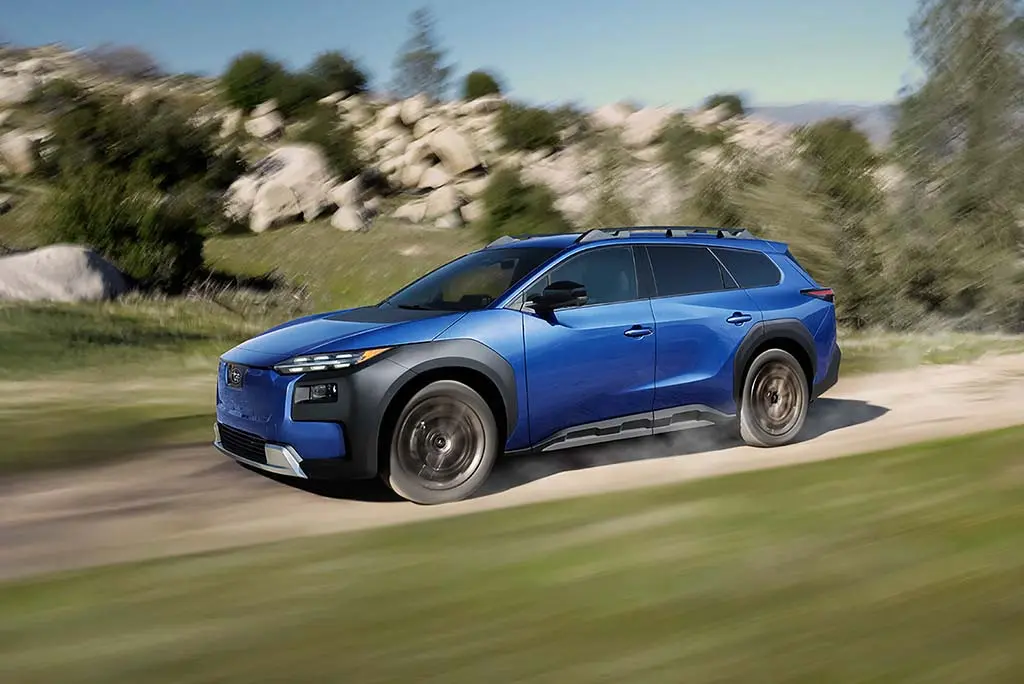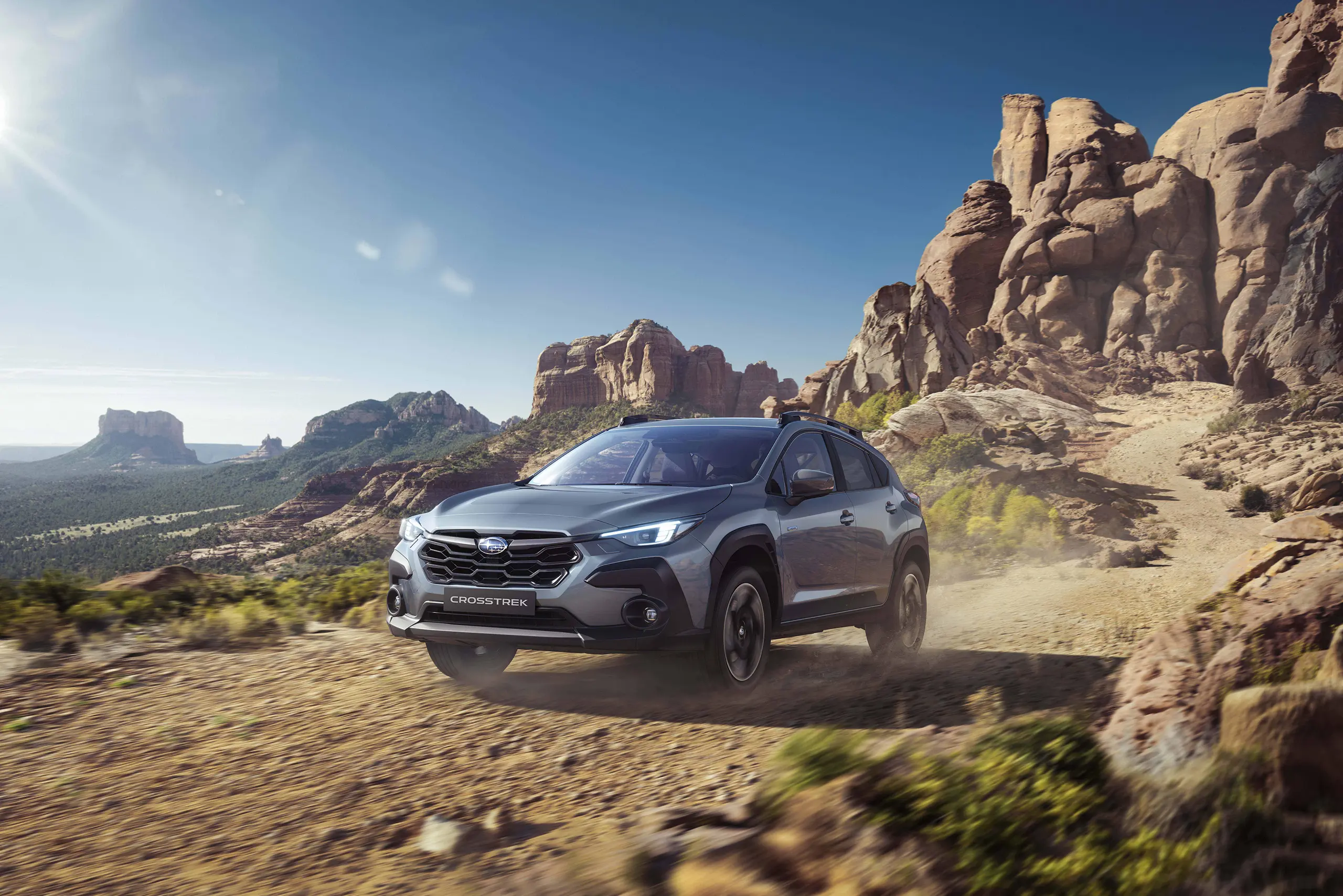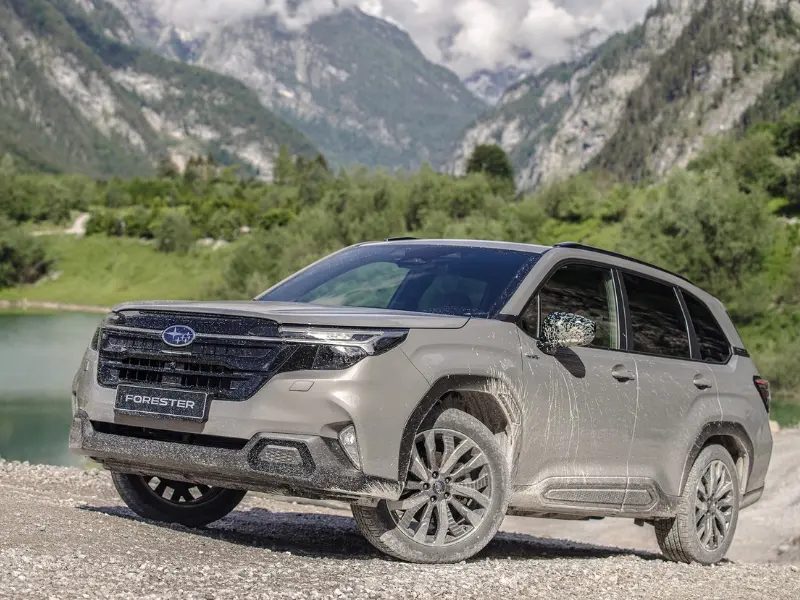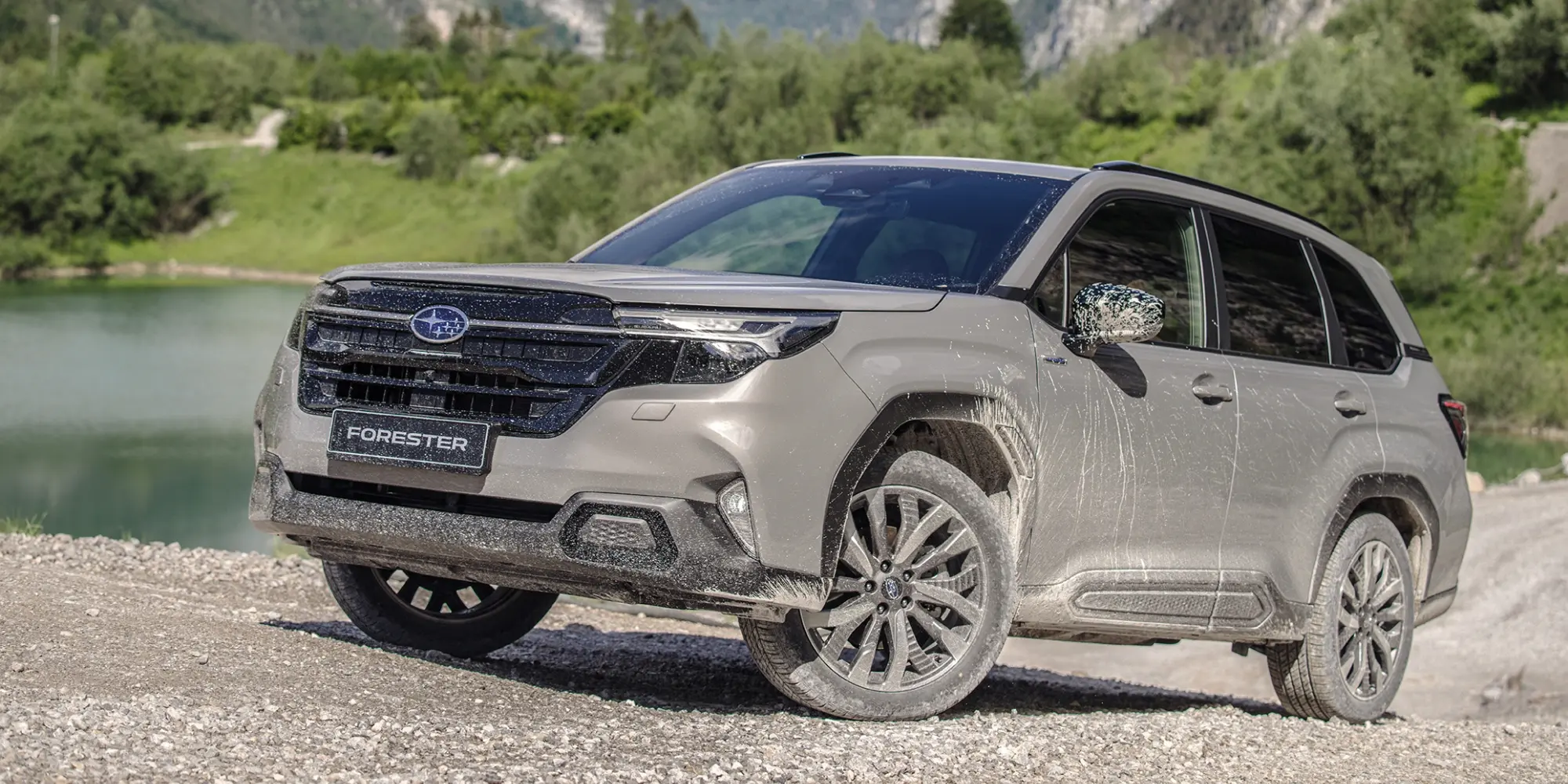- More fuel savings
- Lower emissions
- More charging convenience
- Better driving experience
- No range anxiety
How does a hybrid car work?
What are the benefits of a hybrid vehicle?
1. Fuel savings
- Hybrid model: City: 36.8 MPG, Motorway: 42.4 MPG
- Non-hybrid model: City: 32.8 MPG, Motorway: 39.6 MPG 2.
2. Lower emissions
3. More charging convenience
4. Less maintenance costs for brakes and tyres
5. Quiet driving
6. No range anxiety
7. Better acceleration
8. Ability to enter low emission zones
9. Reliable for any type of journey
10. Futureproof choice
Are there any disadvantages to owning a hybrid car?
Maintenance costs are usually lower than traditional cars, but higher than for electric cars: Due to their dual power source, hybrids don’t run into as many maintenance problems as a petrol or diesel car. But they do come with a similar number of components, so their servicing and maintenance needs tend to be similar as well. Although their maintenance cost is usually less than that of a traditional car due to less tear and wear on brakes and tyres, they usually won’t be as cheap to maintain as electric cars.
Higher initial buying costs: The complex technology inside a hybrid is more expensive to produce, so the buying cost of a hybrid car tends to be higher than the cost of a traditional car. But the extra cost might be recouped over the lifetime of the car thanks to one of the biggest advantages of hybrids which is their fuel efficiency.
Are hybrid cars worth it?
News & Stories
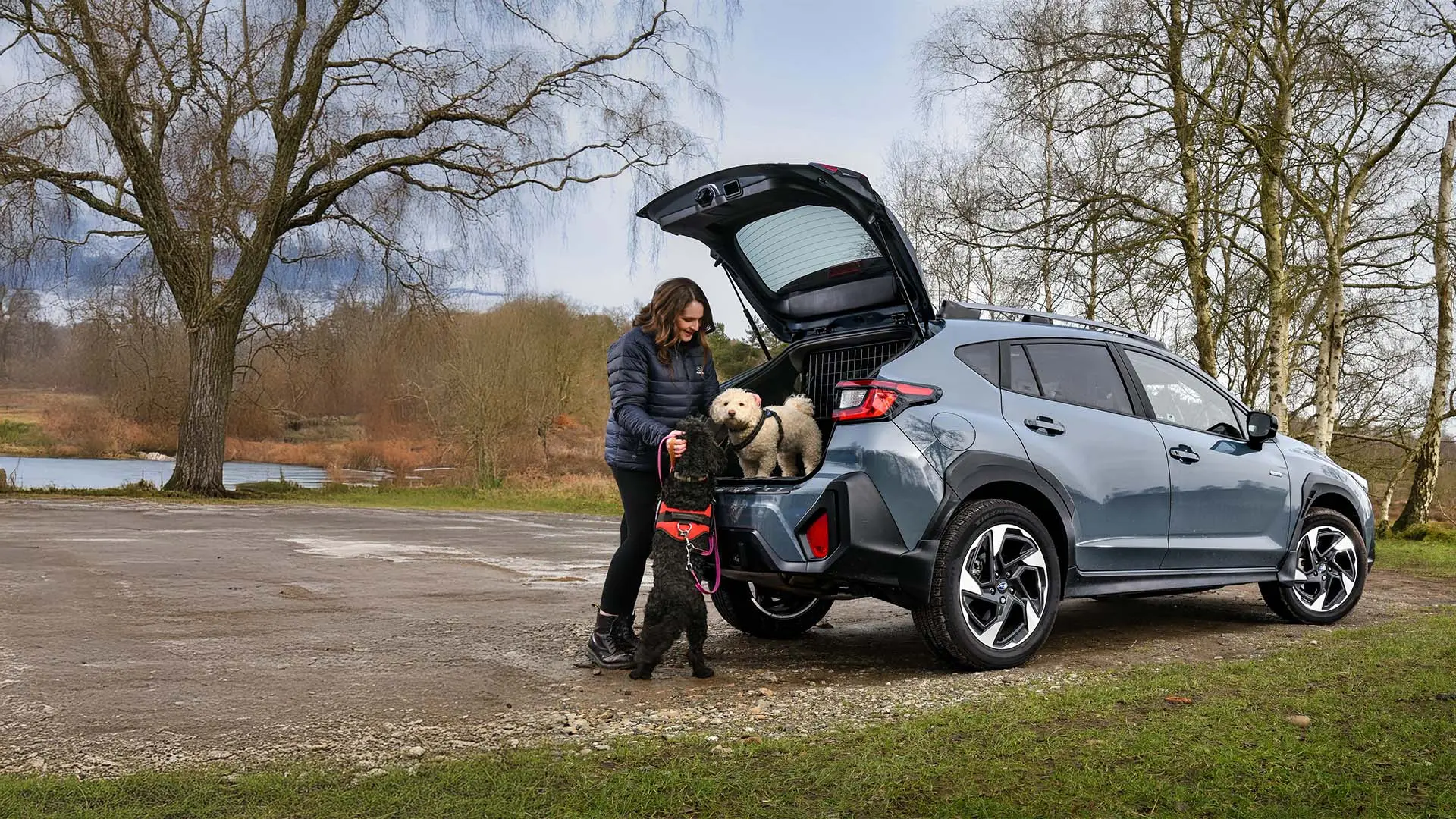
Subaru Helps Owners Travel Safer with Their Pets

Subaru UK Retailer Update and Awards 2026

Self-charging hybrid cars: what they are & how they work
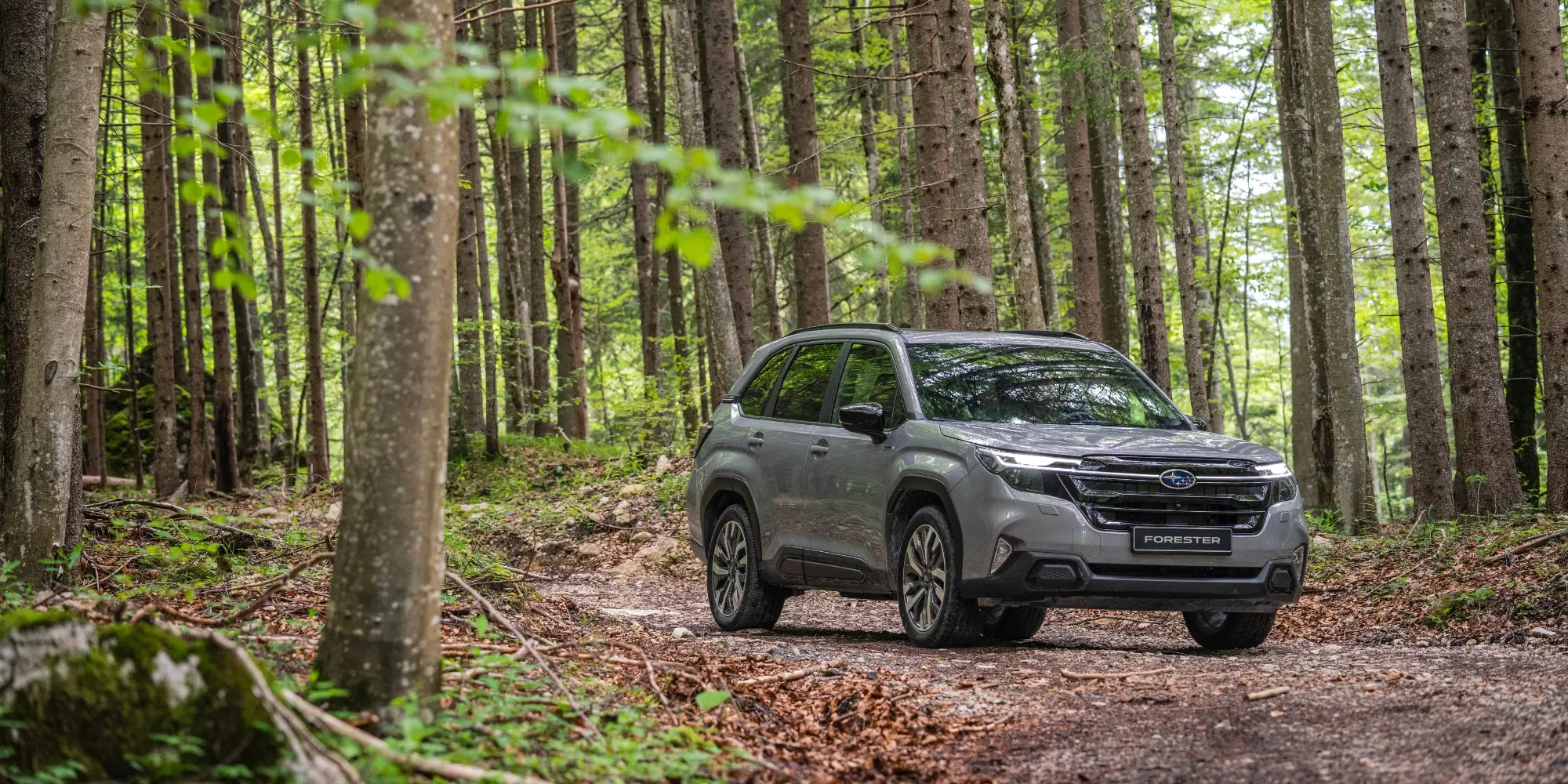
All-wheel drive cars: what they are & how they keep you safe
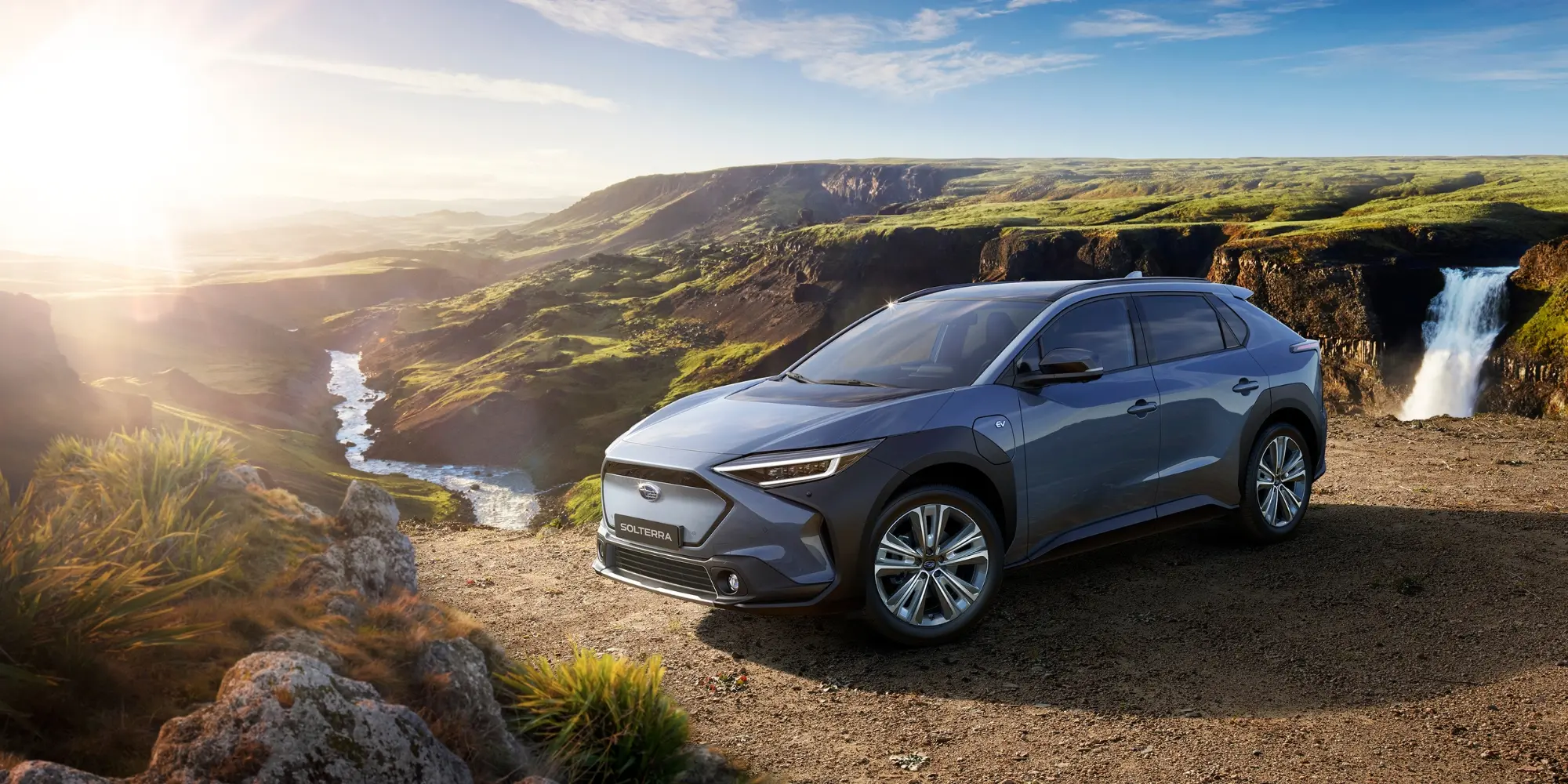
The benefits of electric cars
